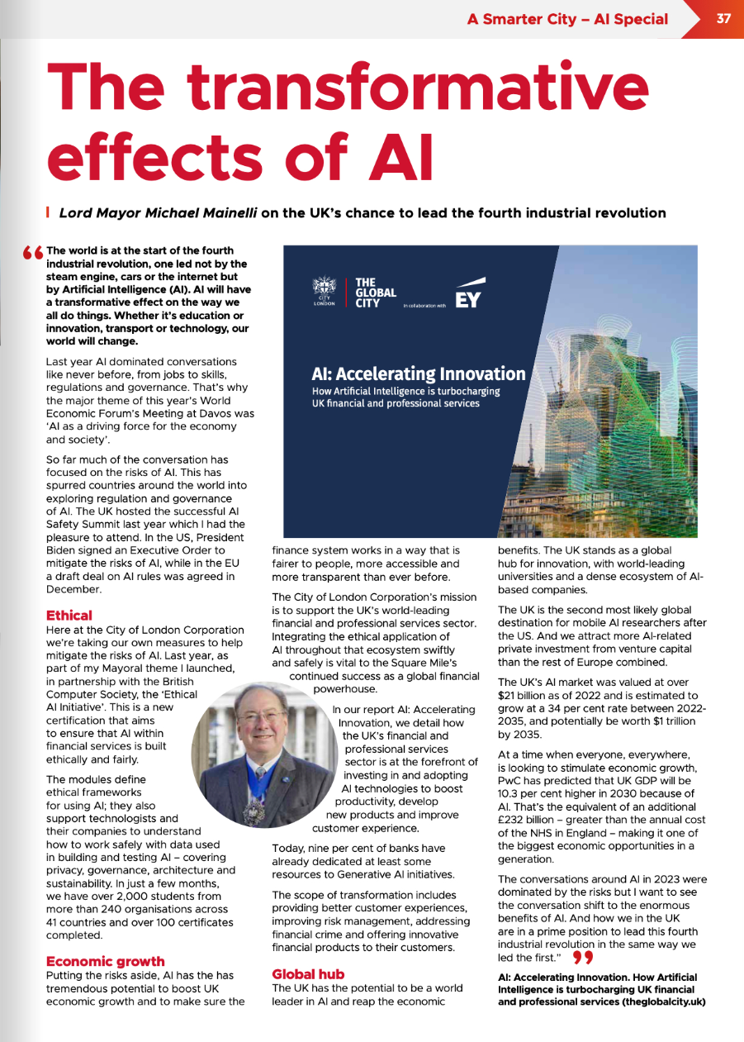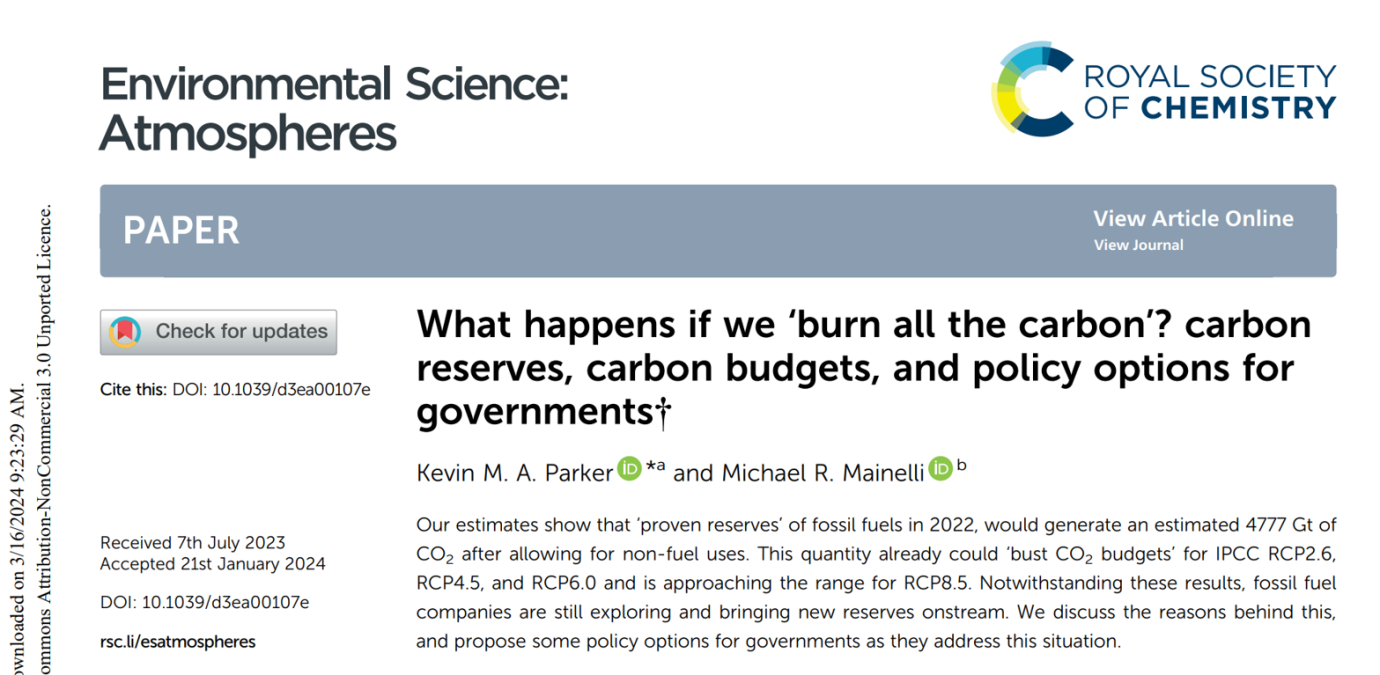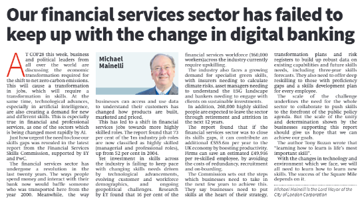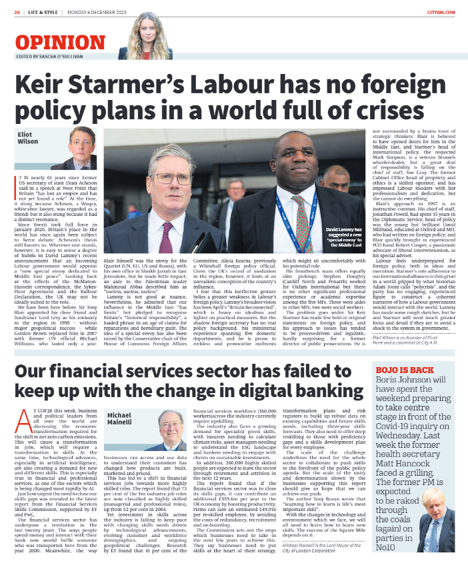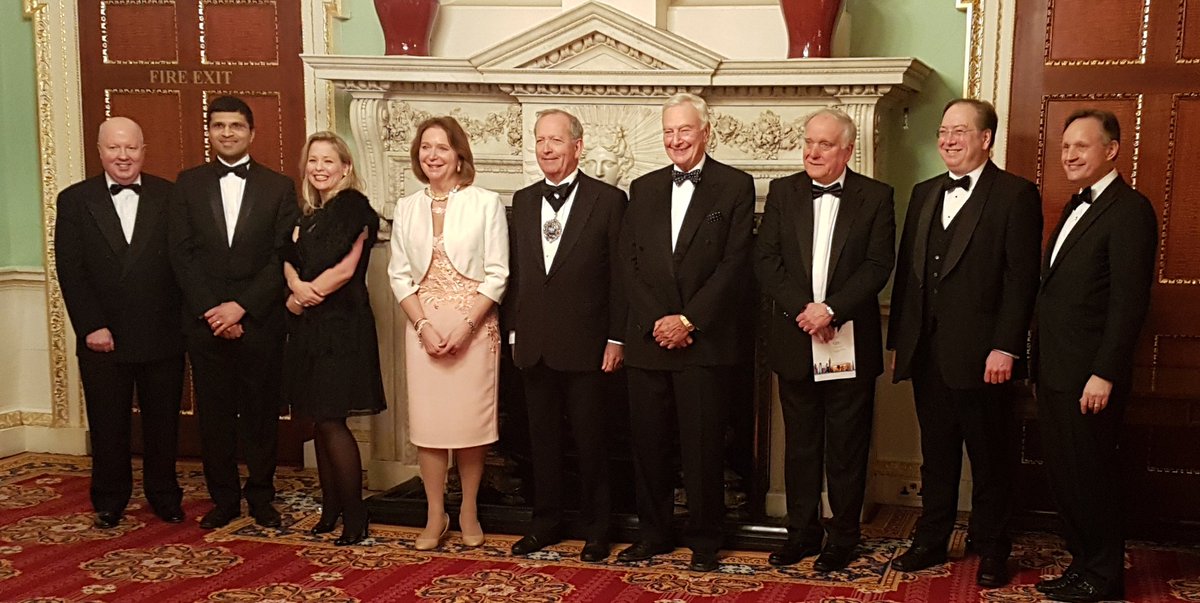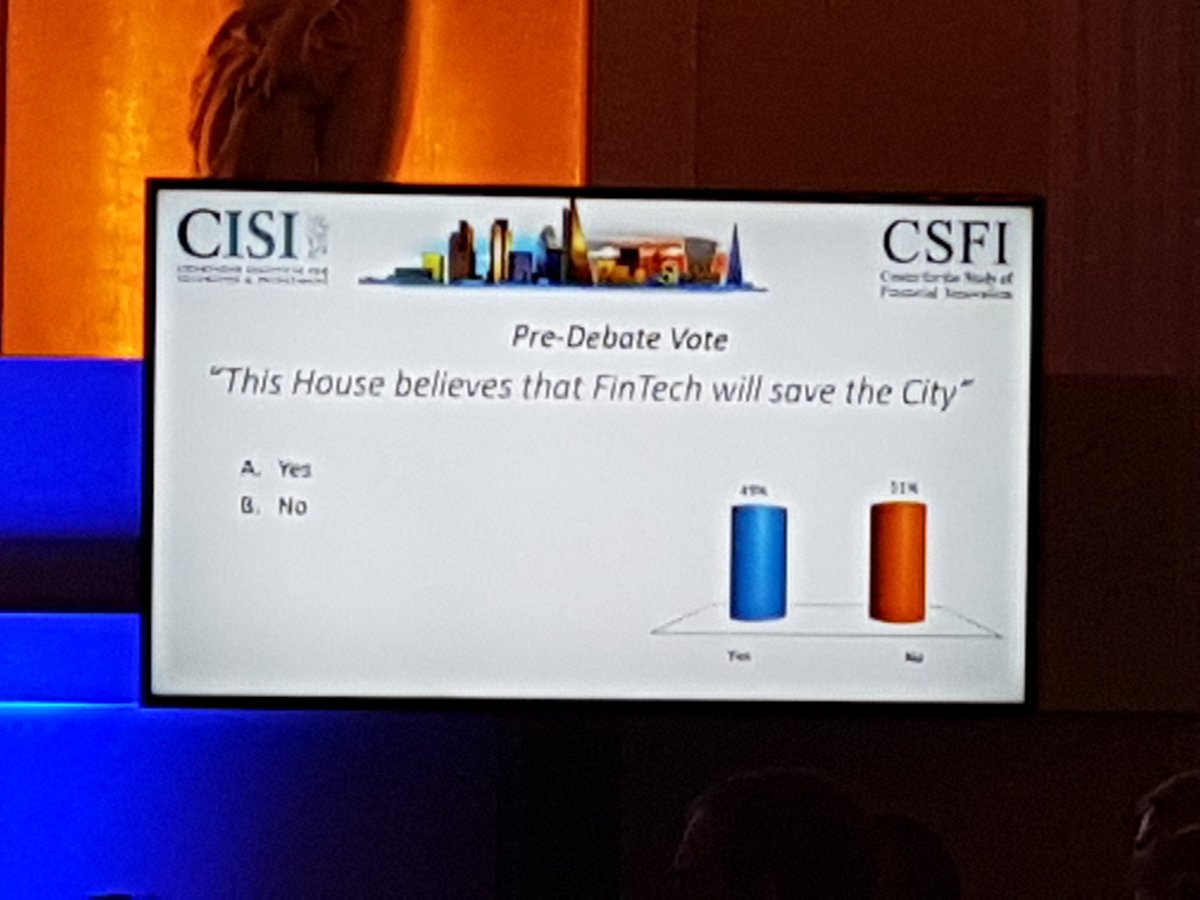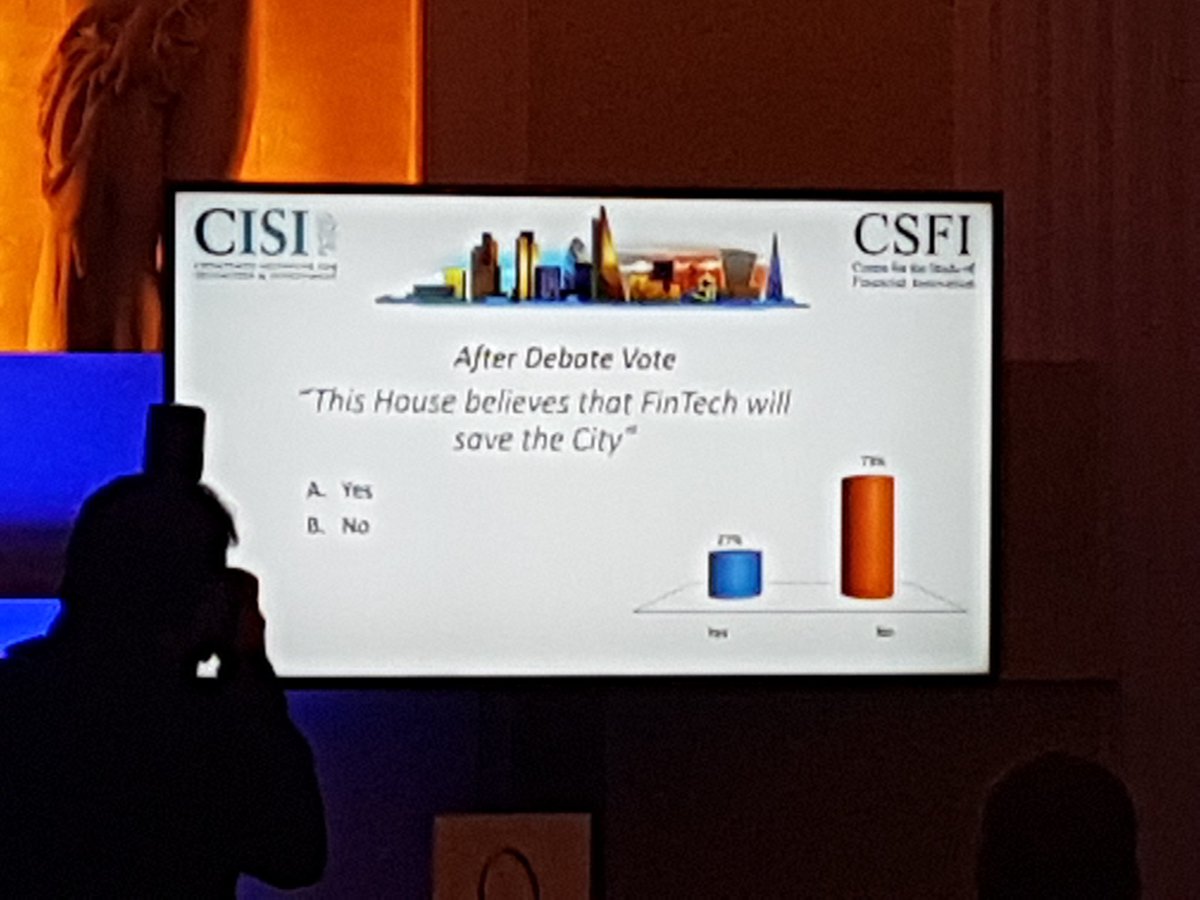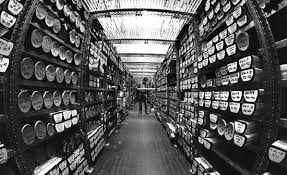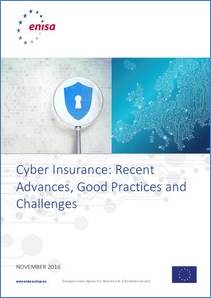“The transformative effects of AI” – London Business Matters (London Chamber of Commerce & Industry)
Technology
Science & Technology
What Happens If We Burn All The Carbon?
I am delighted that Dr Kevin Parker’s and my paper has come out, “What happens if we ‘burn all the carbon’? carbon reserves, carbon budgets, and policy options for governments“, published by the Royal Society of Chemistry in Environmental Science: Atmospheres.
Article: Digital Banking
“Teacher, Tutor, Scholar, I”
Remarks to: the Worshipful Company Of Educators, on the occasion of the annual Franklin Lecture, Mansion House, 18:00 to 19:00, Thursday, 9 February 2023.
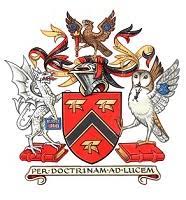
“Teacher, Tutor, Scholar, I” – A Metaverse Of Education Or Conundra[1] Of Confusion
My Lord Mayor, Master, Aldermen, Sheriff, visiting Masters, Distinguished Guests, Ladies & Gentlemen,
Just two minutes ago, before coming up here, Stephen Bernhard asked me if I felt nervous. “Of course”, I replied. Stephen said, “I too always got nervous giving our company’s seminars, and I knew what I was talking about.” Thanks, Stephen.
Our Master [Caroline Haines] asked me to consider the future of education. F Scott Fitzgerald said that “the test of a first-rate intelligence is the ability to hold two opposed ideas in the mind at the same time, and still retain the ability to function.”[2] My first idea is that something absolutely must be done to make education far more relevant to the modern world, while the second is that we have little idea what exactly to do.
Continue readingStrengthening & Simplifying Anti-Money Laundering In The UK
Closure Report On “The Sheriffs Of The City Of London & The Financial Services Group Of Livery Companies’ Anti-Money Laundering Taskforce 2019-2021”
Overview
The City of London Sheriffs for 2019-2021, Alderman Professor Michael Mainelli and Chris Hayward CC, chose “Primacy of Rule of Law” as their shrieval theme. Connecting this primacy with ordinary businesspeople, they chose to use the convening power of the Sheriffs’ office to promote discussion around “strengthening and simplifying anti-money laundering” (AML) in the UK. This is based around a core challenge increasingly important to the economic health of the UK:
Continue readingProfessor Michael Mainelli
“If the UK is open for business, then try opening a bank account?”
Polymer Planning – The Responsible Age
Remarks to:
Alderman & Sheriff Professor Michael Mainelli MStJ FCCA FCSI(Hon) FBCS,
Thursday, 1 October 2020, via Zoom
“Polymer Planning – The Responsible Age”
Master, Wardens, Fellow Alderman, Masters of visiting companies, liverymen, ladies and gentlemen:
Continue readingChair Miles – The Movie
It’s Not All About Winning, Unless You Win
I had a wonderful time at the City Debate last night, Tuesday, 6 March. Here’s a photo of all of us at the start:
CSFI & CISI City Debate:
- Antony Jenkins (10x)
- Nikhil Rathi (London Stock Exchange)
- Michael Mainelli (Z/Yen)
- Ruth Wandhöfer (Citi)
You can spot Ruth on the left, with Angela Knight in the centre who chaired proceedings, and Alderman Alan Yarrow both as Chairman of CISI and as Lord Mayor Locum Tenens. The pre-debate vote was neck-and-neck, 51% “no” (Antony and my side) and 49% “yes” (Ruth and Nikhil’s side).
From the questions it appeared a hostile audience to Antony and me. I had that queasy feeling you don’t like when you’ve volunteered for a competition just for the fun of it, then suddenly realise you could lose in front of all your friends. How can one’s self-esteem ever recover?
Now you can see me in full ‘must win’ mode, or as my friend George Littlejohn would have it – “Michael could be up for playing Churchill come the next biopic.”
Thus it was a genuine surprise, and relief, to find that we moved the audience significantly to our side, 73% to 27%. Whew.
In case my position had anything to do with swaying opinion, I set out the case against, below:
“This House Believes That Fintech Will Save The City” (NOT)
Lord Mayor Locum Tenens, Your Excellencies, Fellow Aldermen, Distinguished Guests, Ladies and Gentlemen.
You heard Antony’s compelling words. My argument balances his. If Fintech doesn’t destroy you, then … Fintech will remain, a small comfortable parasite on the technology and trade centre that is our global City. So what is the City, what is Fintech, what needs saving?
Yesterday, the Inspector of Ancient Monuments assured me that London’s archaeological evidence proves over 100,000 years of trading. I ask you, many of you too also ancient monuments before me, to join together and take a long-term perspective. Bloomberg across the road sits above two millennia of Londinium. We convene over a millennium old stocks market. Gresham’s Royal Exchange opposite is over 450 years old.
With the tragic exception of Edward I’s expulsion of the Jews in 1290, what distinguishes London is that, by comparison, it has treated all comers from outside the walls fairly, so long as they adhere to “meum fidem, meum pactum”. Lombards, Huguenots, Rothschilds, Warburgs … Mainellis.
We are an SME City. 24,000 businesses provide 483,000 jobs in the square mile, with 1,200 more each year. Yes, 250 firms provide 50% of the jobs, but they work with 23,750 deal-making SMEs. Large and small produce 3% of UK GVA from less than 1.5% of the workforce, three quarters of the UK’s services trade surplus, some £68bn.
Urban legends mislead us. The City was a deal centre before and after WWI, but was a feeble financial centre from 1939. The finance legend was kept alive by Italians and Americans, Autostrade in 1963 creating Eurobond markets on neutral territory. When Thatcher lifted exchange controls in 1979 and Big Bang broke cartels, financial services boomed. Most of today’s behemoths were SMEs 30 years ago. Bloomberg dates to just 1981.
You’ve heard of a Baker’s Dozen, 13? I recently learned that a Banker’s Dozen is 11. Just seven banks, not even 11, gets you to over 95% UK market share. Cartels remain. Domestic banks pursue a decades old, yet rational, strategy of hampering account switching. If you want to be a success in retail Fintech, go to a country with over a thousand banks, Germany, or over six thousand banks, America. Make some marketing director’s career rather than annoy a UK bank strategist.
Our retail fintech story is government lies for children, baubles with no Christmas tree:
- M-Pesa in Kenya dates to 2007, eight years before the UK notices Fintech.
- Retail Fintech kids unable to afford desks sit in Level 39 beside the compliance & admin battery hens of Canary Wharf, while Berlin, a quarter our size and not a global financial centre, raises more Fintech finance than we do.
- China has 13 Fintech unicorns to our four. Even that requires forward-dating things like WorldPay, 1995, just to fake our numbers up.
Then we put our regulator in charge of a sandbox, letting government bottlenecks choose our winners. Any country whose regulator is in charge of innovation has deep problems. The wider City is lawyers, accountants, maritime, insurers, not a fintech pimple.
Google Trends awards the term ‘Fintech’ around 100 points. In January 2015 it was an insignificant six points. Our government claims creation of a sector it didn’t even notice four years ago, putting some mobile app lipstick on the antiquated systems of some oligopolistic banks.
I came to the City in 1984 to put computer technology into Messels, then Shearson-Lehman-Amex. We old-timers should celebrate the progress of automating wholesale finance. We’ve been doing real Fintech long before this insulting term was mashed up. It’s as facile as saying your heartbeat keeps you from dying.
London is a science & tech city. From Tudor ‘New Learning’ to Gresham College, Francis Bacon, the Royal Society, Industrial Revolution, Wheatstone telegraph, or DNA (the work was done at Kings, not Cambridge), London has been at least as much about science & tech trade as it has been about finance. Technology-Media-Telecomms is a significantly larger percentage of firms under 100 employees than finance, insurance, or professional services. Our centuries of tech drive regtech, instech, arttech, filmtech, songtech, medtech, edtech, traveltech.
Finance moves with technology too, from cuneiform to papyri to tally sticks to spreadsheets to databases and now databases-plus, smart or distributed ledgers, blockchains. But smart ledgers are ‘wide tech’ for identity, documentation, and agreement exchanges, not just payments. Tech is for all sectors and the City of London is the most intense place on the planet to do tech deals.
So does the City need saving from Brexit, the wider UK, perhaps AI? To paraphrase Streisand, “people who need to trade with people, make London the luckiest City in the world”. As long as we focus on face-to-face, commercial, global deal-making that AI and telecoms can’t replace, deal support will thrive, from financial and professional services to hotels, culture, healthcare, or entertainment.
With or without Brexit, we need quality education and training, health, infrastructure, broadband; airports (plural); an in-visa-ble as possible access to people; a functioning housing market; a simple tax system. If Britain is open for business, try opening a bank account. What always needs saving is the rule of law, innovation, and open deal-making. We are deficient, but not desperate; in danger of having our Emperor’s clothes disrobed, but with time to knit some new garments.
In conclusion, profound changes would be needed to even start to be a standalone Fintech centre. Silicon Valley, in total, is still only half the size of London. Fintech propaganda hides three decades of wholesale finance automation. Our real strength is over 500 years of wider technology and open trade. Sell Trade in Tech not Fintech.
So, do you vote for deep tech or mobile gimmicks, do you vote for City deals or for Canary Wharf turkeys, do you vote for people or machines? Our centuries of success are built on growing SMEs in open, global trade, not some three year old government mashup. Please vote for yourselves, the deal-makers of London, not this facile motion.
References
From Archives To Modern Lives – Deep In The King’s College Scientific Archives
From Archives to Modern Lives: Frontiers of Trade and Technology
A survey of past and present innovation in association with King’s College London Archives, Wednesday, 15 November 2017
Surprisingly for some, London is, and almost always has been, a science city. From the Gresham College days of the Tudor ‘New Learning’, Francis Bacon, the foundation of the Royal Society and on to the Industrial Revolution, genetics and even ‘fintech’, London has been at least as much about science & technology as it has been about trade & finance.
The World Traders had a wonderful day indeed. Our main event, from 15:00 to 17:30, consisted of fully-illustrated presentations by six distinguished speakers, each at the very top of his or her own area of expertise. They referenced key objects of lasting scientific importance from King’s College London.
We handled numerous artefacts ranging from the original Wheatstone Telegraph of 1837 to the original DNA photo, “Photo 51”, to Barbara Cartland and Ted Hughes and Alan Ginsburg materials. Dr Brian May (yes, of Queen!) is an enormous fan of stereoscopy, heading up The London Stereoscopic Company http://www.londonstereo.com/, and created a 3D film for us. It feels like serious Livery one-up-person-ship that we can brag, “as we wore our 3D glasses Dr May leaped out from the screen to ‘Greet the Worshipful Company of World Traders’”.
The reception and dinner were on the eighth floor of Bush House in Aldwych (a building recently taken over by KCL, previously occupied by the BBC) with dramatic views from the City to Wesminster.
The full programme:
15:00 for 15:15 Reception, 1st Floor, Bush House, 101 (Auditorium)
15:15 – 15:30 Welcome
Deborah Bull, Assistant Principal King’s College London
Introduction
Dr Jessica Borge & Dr Geoff Browell
15:30 – 16:15 Computer Code
Artefact: Wheatstone’s Cryptographs and Cipher Post/ Telegraph TBC
Dr Jamie Barras
Professor Mischa Dohler
16:15 – 17:00 Life Code
Artefact: Photograph 51 TBC
Professor David Edgerton
Professor Karen Steel
17:00 – 17:45 Visual Code
Artefact: Wheatstone’s Stereoscope TBC
Denis Pellerin
Professor Reza Razavi
17:45 – 18:00 Concluding Remarks
Dr Geoff Browell
18:00 – 19:00 Drinks, 8th Floor, Bush House (South)
19:00 – 21:30 Dinner, 8th Floor, Bush House (North)
Guest Speaker: Dr Carina Fearnley
Surging Financial Crime In A Digitised World – Can We Turn The Tide?
Some remarks made before the CityForum Strategy Round Table on 3 November 2016 at the Guildhall. Just before the publication of this ENISA report to which we contributed:
“May I offer a warm welcome on behalf of the City of London Corporation. We are delighted to be hosting you today here in the heart of the City.
The growth of cyber-related businesses – and indeed the tech and digital economy in general – is of great importance to the City of London Corporation. As we move more towards a more a digitally enhanced economy in the City of London, especially in light of the challenge we now face to our more traditional financial services offer by way of the political challenges that are ongoing. The growth of new industries such as fintech and cyber enhance the role of the City of London as a world-class centre for business and professional expertise and services.
The City of London – both large institutions and small businesses – are subject not only to political or economic challenges but also technological ones. And whilst the level of expertise around cyber in our banks may be developed, there are always individuals – or even individual states – looking to undermine our dominance as a global hub.
Later today, my colleague Mark Boleat will address this gathering on the importance of international partnerships and how we can work together to meet those challenges. We have made great strides in securing international partnerships to foster shared intelligence and prosperity in this space – and we are grateful to have Cyrus Vance joining us later, and we are grateful for his continued support for initiatives such as the Global Cyber Alliance.
But we also believe that there is an exciting o pportunity here to harness the burgeoning tech expertise in the UK. Our dominance of our more traditional financial services markets, markets which provide amazing access to both finance and services, talent and data, could enable us to create something new and secure not only for our digital way of life, but increase our general economic prosperity too. We have in the past discussed the important role that insurance and reinsurance can play in making this risk ‘normal’.
pportunity here to harness the burgeoning tech expertise in the UK. Our dominance of our more traditional financial services markets, markets which provide amazing access to both finance and services, talent and data, could enable us to create something new and secure not only for our digital way of life, but increase our general economic prosperity too. We have in the past discussed the important role that insurance and reinsurance can play in making this risk ‘normal’.
And of course – that knowledge and expertise here in the City also includes our own Police force – the national lead for economic crime – and we are fortunate to have them join us today as well, and to have the Commissioner, Ian Dyson, speaking. Only by working in partnership with our Police and security forces can we begin to build a prosperous City which is secure, confident in its own abilities, and ready to meet the challenges of the 21st century. 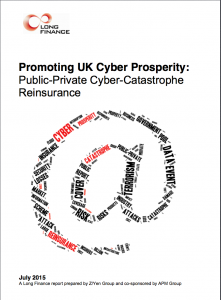
There is a saying that “the opposite of danger is taking risks”. In the cyber space I believe that is truer than ever, and I hope that today’s conference suggests some of the technical and financial risks we need to take, from using distributed ledgers and blockchains for added, rather than reduced, security, or a Cyber Re, similar to Pool Re, for national resilience.
Thank you.”

